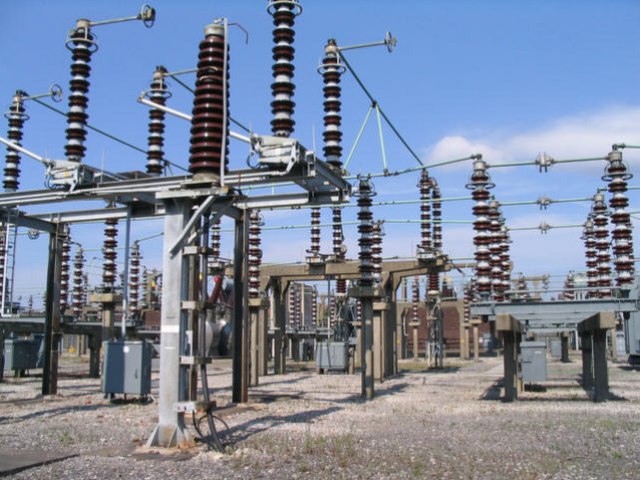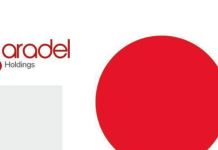The Ambassador/Head of Delegation of the EU to Nigeria and the Economic Community of West African States (ECOWAS), Mr. Michel Arrion, disclosed this at a media briefing in Lagos, ahead of the fifth EU-Nigeria Business Forum (EUNBF) schedule to hold in Lagos next week.
However, the Envoy explained that for the period, 2014 and 2020, the amount for Nigeria was reduced to about €512 million, adding that an additional financial instruments of about €200 million was also created. He said the fund was expected to help improve power situation in Nigeria.
“We believe that lack of energy is probably the major hurdle to the economic development of Nigeria and that is certainly a sector where the EU would intervene efficiently in Nigeria in the coming years. But EU alone would not be able to fix the problems in the energy sector in Nigeria.
“It is primarily for Nigeria to fix the country’s problems. But we can support the authorities. We believe that it is not only the public sector that can fix the problem, what we need is more private investments and more partnership between public and private companies. The missing element to fixing the problems in the energy sector is obviously the access to finance,” the EU official said.
According to Arrion, the EUNBF, would also focus on the diversification of the economy. He stressed that Nigeria’s comparative advantage is in the agriculture sector.












